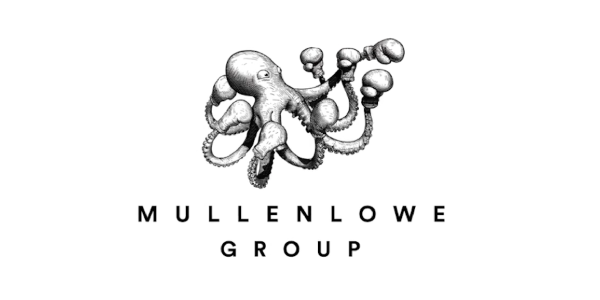
Professional services firms, such as consulting, accounting and bookkeeping, legal services, HR staffing services, and security and compliance firms, face significant pressure due to increasing customer expectations. Additionally, manually driven traditional business models put a high strain on business resources and fail to support business scalability and growth. Manual processes fall short in adapting to the evolving business demands. It is here that AI-driven automation or intelligent automation steps in with a 360-degree transformational approach.












Some transformational automation use cases for the professional service industry include:
Streamline business operations and synchronize business systems, thus supporting real-time data analysis and research.
Ingest documents running into hundreds of pages within a fraction of the time required for manual processing and auto-validate the data without frequent human intervention.
Leverage intelligent automation-powered agents and virtual assistants to augment the human agent capability to ensure maximum first-time rights (FTRs), thus generating value through customer interactions.
The intelligent automation continuum leverages a synergy of various automation technologies, including robotic process automation (RPA), intelligent document processing (IDP), artificial intelligence/machine learning (AI/ML), generative AI (GenAI), and analytics.
Intelligent automation brings in a 360-degree transformation in the business landscape. Some of the major advantages of intelligent automation in the professional services sector are:
Intelligent automation streamlines processes, eliminating manual data entries and handovers. It accelerates cycle times from hours to minutes, helping to achieve unparalleled efficiency and productivity in business operations.
The technology optimizes resource allocations and reduces overhead. It ensures process compliance and reduces error and rework. As a result, intelligent automation significantly lowers operational costs within the first few months and ensures quick RoI.
Automation ensures faster customer response. The underlying AI/ML algorithms enable personalized services and offerings while ensuring service consistency. Intelligent automation also supports proactive customer support and issue resolution, thereby delivering a superior CX.
Intelligent automation supports continuous processing and synchronizing vast amounts of data, which supports building and looping back real-time insights into the process architecture. It supports automated report generation, allowing faster and better decision-making.
Intelligent automation frees up human resources to focus on innovative ideas to transform the business landscape and achieve growth through data-driven insights. It encourages employees to work more on analytical and strategic tasks, thus fostering employee engagement and growth.